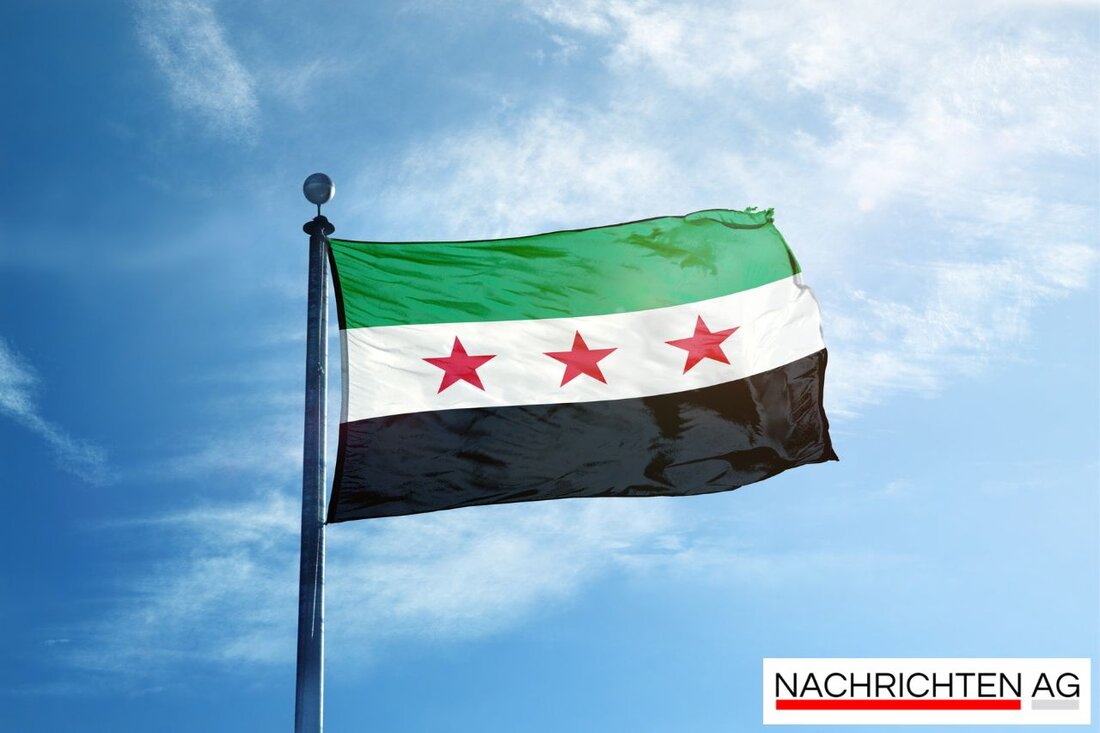Success stories: Syrian refugees are building a new future in Austria!
Find out more about the Syrian diaspora in Austria, their successes and challenges as well as current events and integration offers.

Success stories: Syrian refugees are building a new future in Austria!
In Vienna there are numerous success stories of Syrians who have put down new roots after fleeing. One of the most inspiring is that of Reem Saijari, who fled Syria at the age of 18 and is now the proud owner of a boutique. She not only brings fresh fashion to the city, but also a piece of Syrian culture that she combines with her passion for design. Her husband, Ali Zaki Torki, is also successful and runs a hairdressing salon that is very popular with the Viennese. These stories are part of a larger picture of the Syrian diaspora in Austria.
Fadi Saleh, a Syrian entrepreneur, has made a name for himself with his “apple bakery”. Since his arrival in Austria ten years ago, he has been producing up to 9,000 Arabic pita breads every day, which not only appeal to the Syrian community, but also to many other people in Vienna. These products have become particularly popular in recent years during the refugee summer of 2015, which brought hundreds of thousands of Syrians, Afghans and Iraqis to Austria. While many refugees quickly moved on to other countries, many have chosen to stay here, contributing to the current number of around 104,000 Syrians in Austria. This makes them the eighth largest group of foreigners in the country, followed by Afghans with around 51,000 and Iraqis with almost 13,000 people.
Commitment and challenges of the Syrian community
The commitment of the Syrian diaspora goes beyond economic success. On March 14, an event entitled “The Syrian Diaspora in Austria – Between Humanitarian and Political Commitment” took place at the Diplomatic Academy, where the study on the activities and needs of this community was presented. Researchers Samar Albaradan and Simela Papatheophilou presented the results and emphasized that the Syrian community in Austria is actively involved in areas where state organizations often leave gaps, for example in advice, language support and cultural and sports clubs.
The study shows that Syrians in Austria have high potential, but are also faced with challenges. Hubert Neuwirth from the Austrian Development Agency described the need to strengthen transnational commitment, especially with regard to remittances, which help many Syrian families back home. However, there are also numerous bureaucratic hurdles that hinder the political engagement of the Syrian community. There is often a lack of information about participation in political processes, especially elections.
Psychosocial support and integration
Another pressing issue is the need for psychotherapeutic support for refugees. According to Caroline Niknafs from the umbrella organization of Vienna's social institutions, there is not only a high demand, but also a shortage of therapy places. The demands for free training opportunities for psychotherapists are loud and clear. At the same time, Fatmé Khalil-Hammoud highlighted the city of Vienna's multilingual integration offers as urgently needed in order to do justice to diversity.
The political and psychological challenges within the Syrian community are complex. Divisions and distrust of state institutions, as addressed by Simela Papatheophilou, show that the road to full integration is still long. However, a UN institution to search for missing people from Syria has been hailed as a success and gives hope that further steps can be taken in the right direction.
This makes it all the more important to hear the voices of the Syrian community and include them in decision-making processes in order to avoid frustration. The way forward is through dialogue and understanding, and the stories of people like Reem Saijari, Ali Zaki Torki and Fadi Saleh are the best proof that integration can succeed when everyone pulls together.

 Suche
Suche
 Mein Konto
Mein Konto